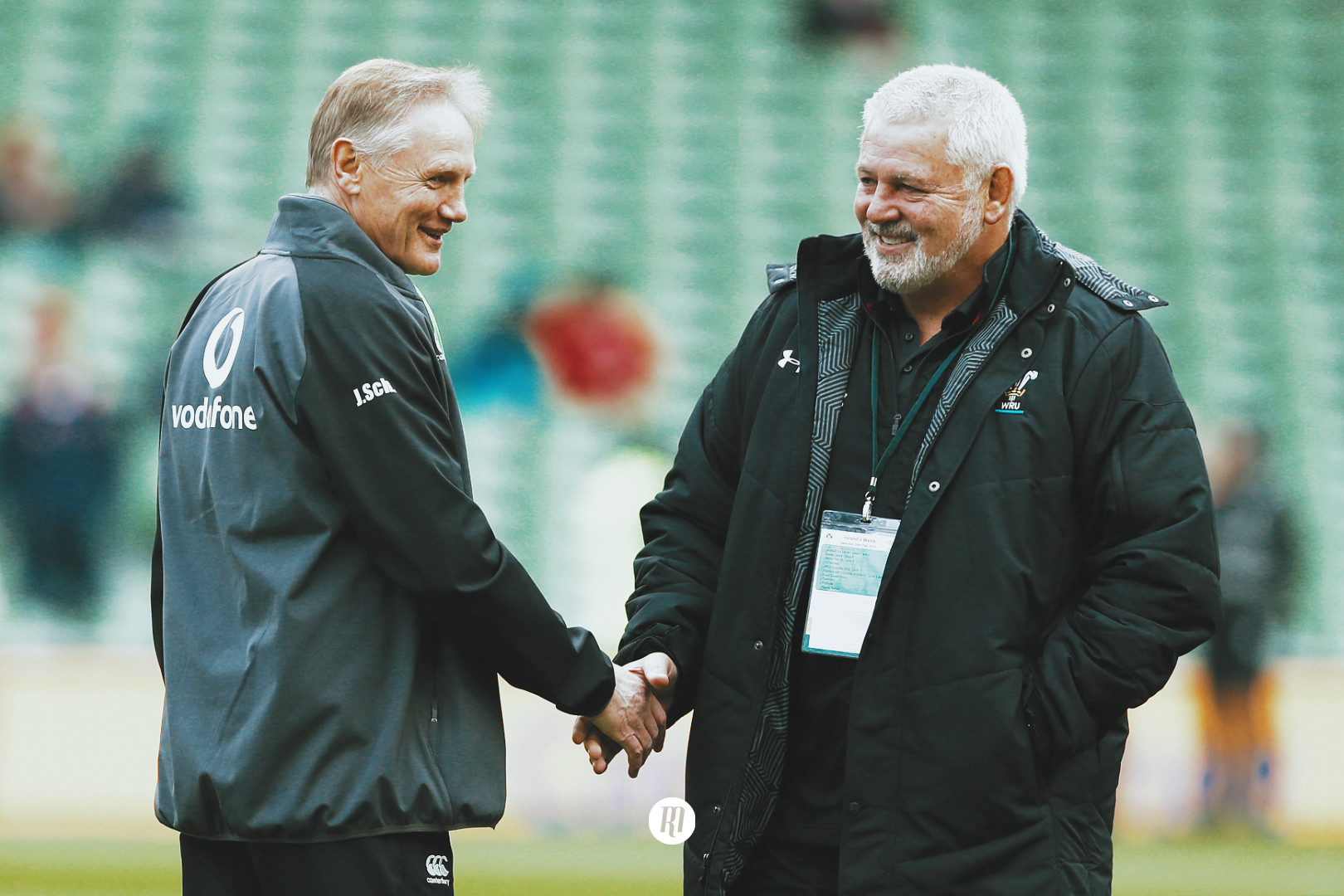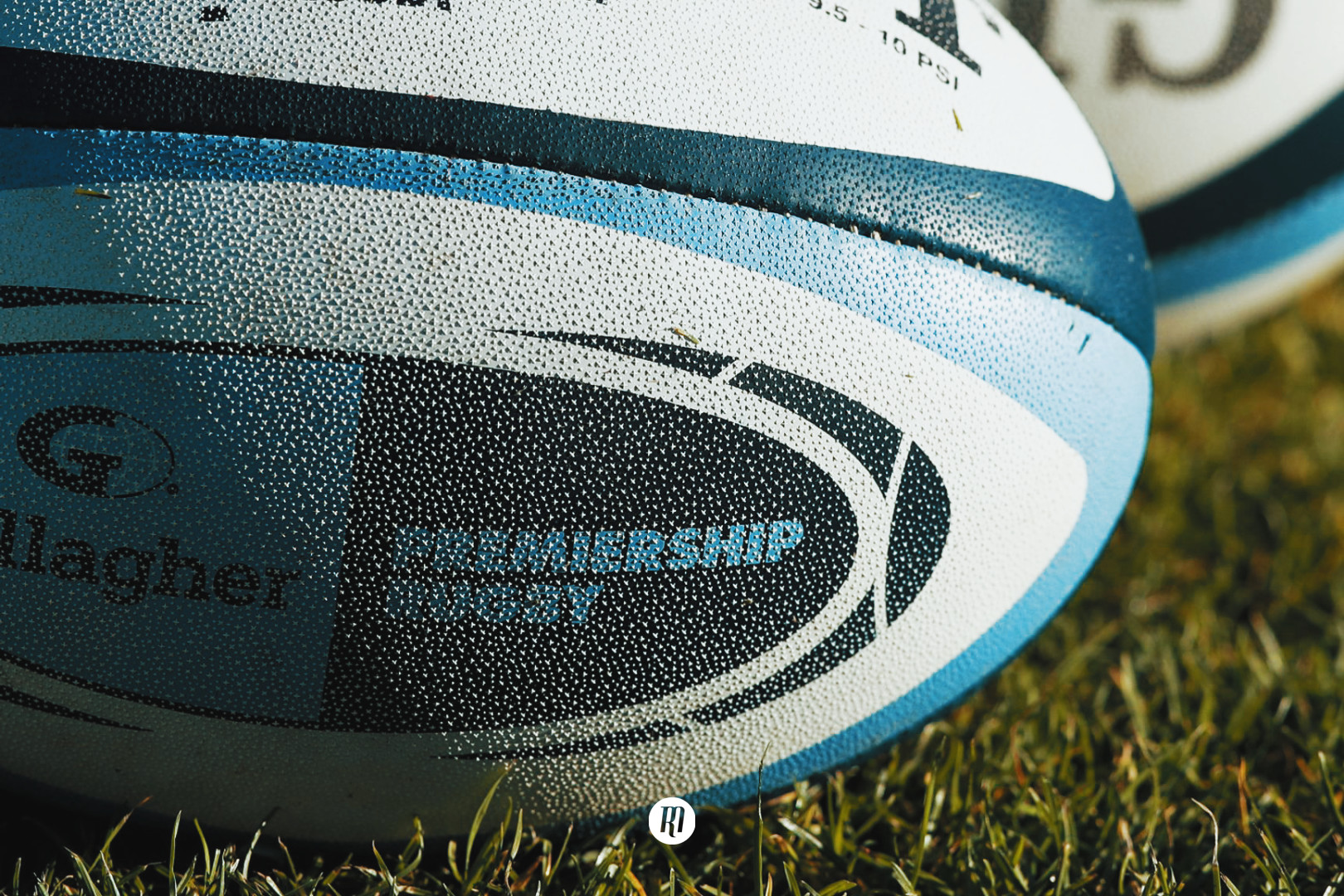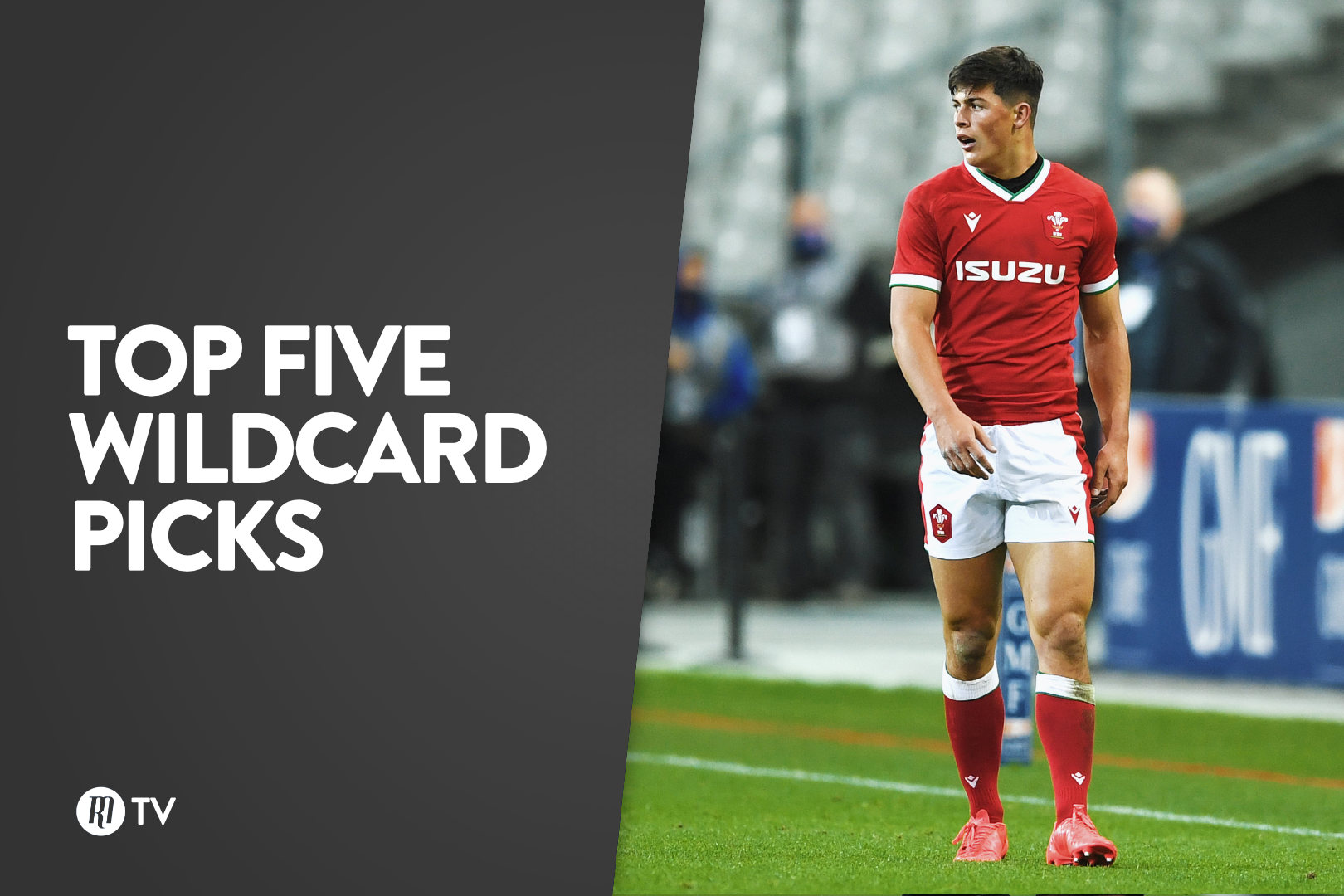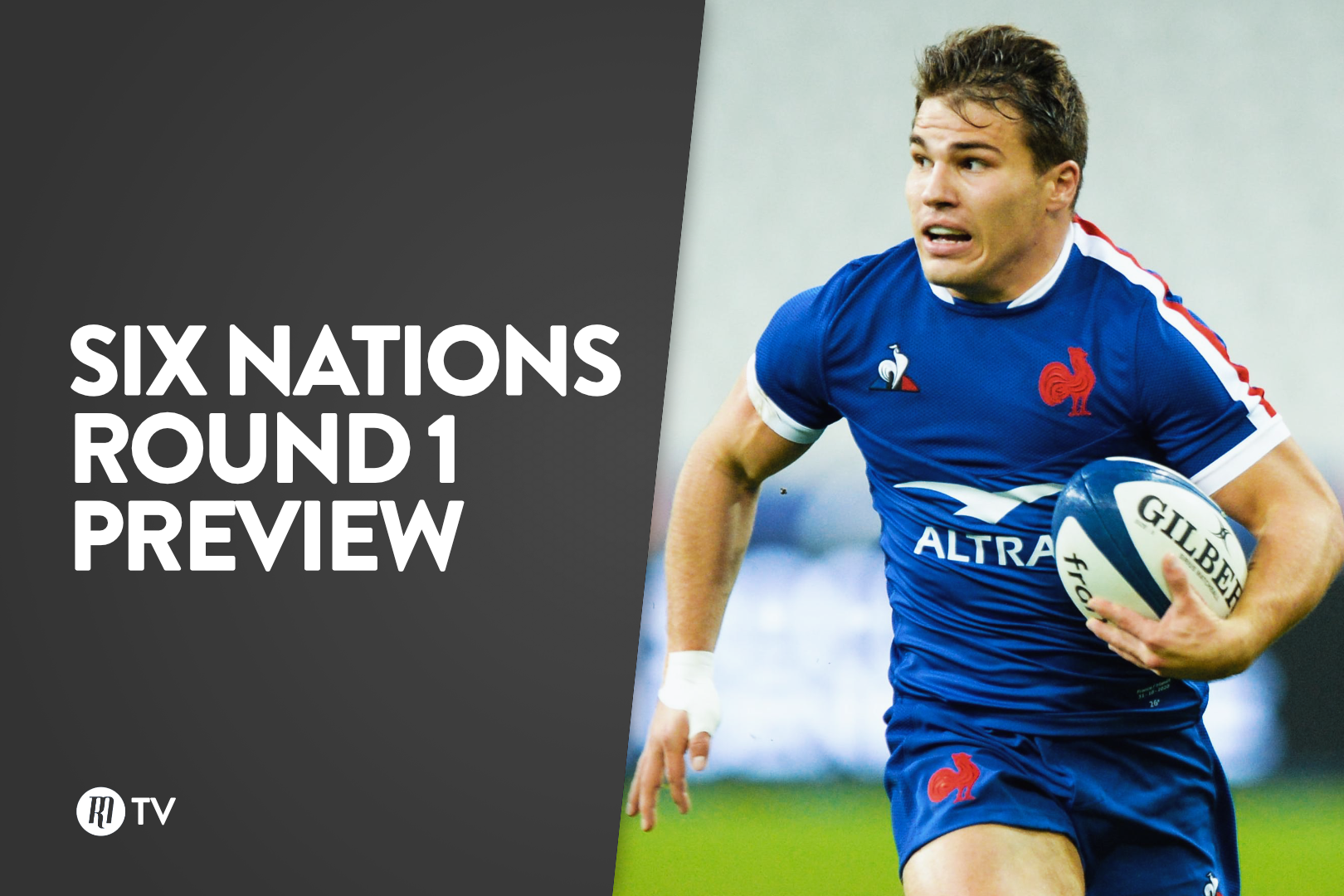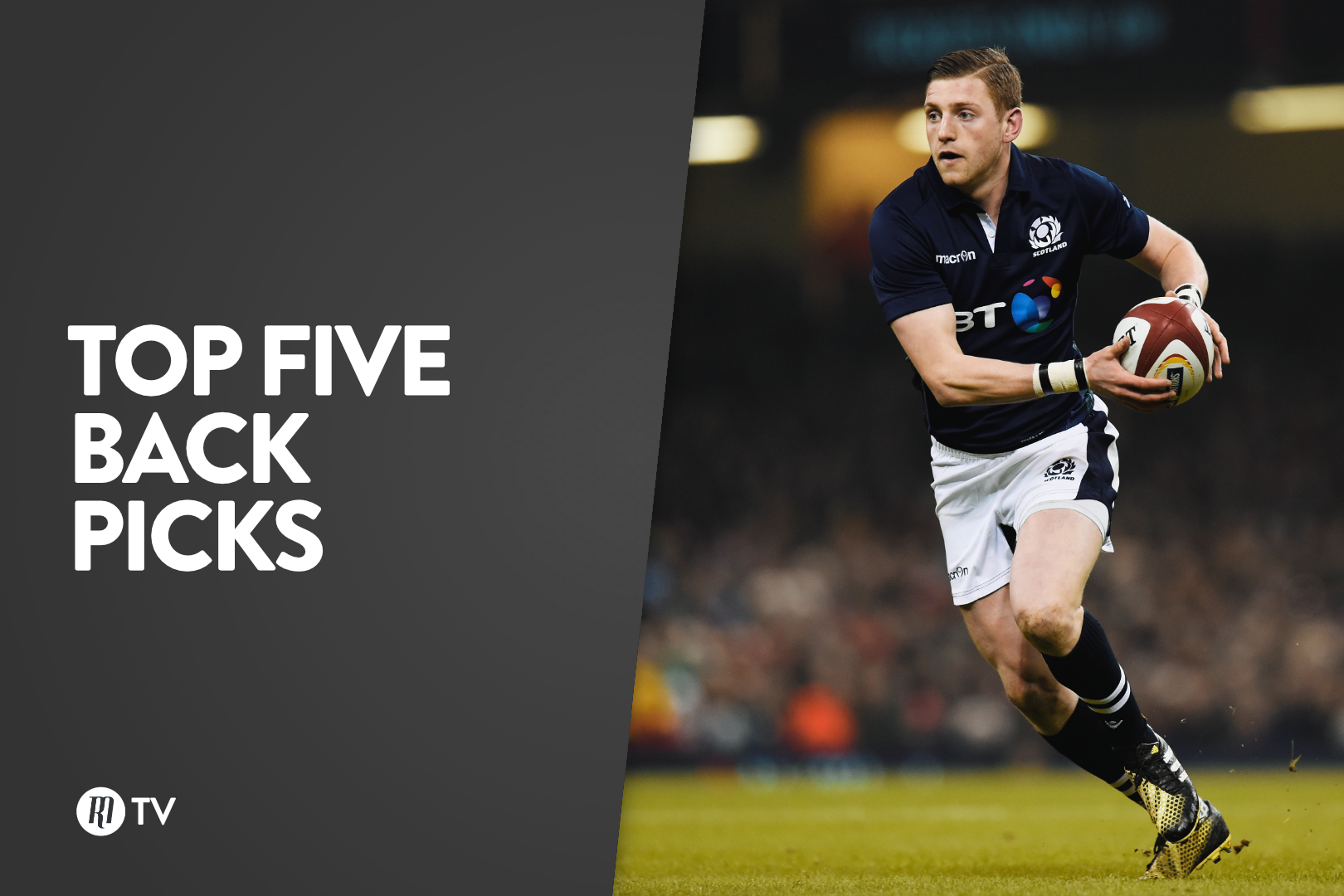The northern hemisphere has caught up with the 'Big Three', but the southern hemisphere are still running World Rugby's show
The gap of old between the big three Southern Hemisphere teams known most popularly by their famous nicknames and not their nations - the All Blacks, the Springboks and the Wallabies - and the rest of the world may have been shrunk down to size over the last three years, but the men from south of the equator continue to prove their superiority, only now it comes from the coaching box.
If the success England, Wales, Scotland and the recent British and Irish Lions tours have proven anything, it is that the once untouchable aura surrounding the All Blacks, Springboks and the Wallabies has been damaged beyond repair. No longer must the Six Nations teams hope to consolidate their sources once every four years in hope of grasping one of those rare victories against the big three.
Victorious tours of both South Africa and Australia are no longer a surprise, with the statistics of years gone by slowly ebbing into further obscurity, out of touch with the reality of the modern game. Naturally, the land of the long white cloud remains an almost impenetrable brick wall, despite its name, throughout a three-match series, the latest British and Irish Lions series, that ended in a draw, reminded us of that much.
The Lions’ biggest challenge was once widely believed to be the matchup in quality man-to-man and intangible barrier of the big three nations’ winning mentality. Now, it is the lack of preparation and unfamiliarity with teammates so often seen as fierce rivals that pose the challenge of note on these quadrennial tours.
The gaps once found within Tier One rugby have been all but sewn shut; and the longer the Six Nations teams continue to register wins over the former big three, the more the stigma lingering in the back of players’ minds decays. The eradication of this stigma is something the Japanese performances at the latest Rugby World Cup highlighted, compounding one of the oldest sporting tropes – mentality is the ultimate deciding factor at the highest level of professional sport.
However, that is not to say the Southern Hemisphere nations are no longer the leaders of our game, far from it. These days, it is the coaches we revere, more than the players themselves. With New Zealand coaches in particular, and to a lesser extent South Africans, there is an almost palpable gravitas surrounding their appointments at both club and international level.

There is a rarely vocalised agreement that hiring a coach that pronounces their vowels with a Kiwi twang is one of the sure-fire ways to raise a club from the doldrums - South African and Australian accents follow shortly after. Indeed, it is easier to name the clubs in the Premiership, the most fiercely contested domestic league, that haven’t opted to fly a Super Rugby coach over to help staunch the haemorrhaging of league positions. Harlequins are perhaps the only team to have recruited a native coach and found success following huge failures. It would also be worth noting the success Irish province Leinster have enjoyed under the guidance of former Irish lock Leo Cullen and once England boss Stuart Lancaster.
Of those clubs that trod the familiar path of a summer window-shopping, former southern hemisphere talent, Bristol Bears, Northampton Saints and Gloucester have found the greatest success. Of course, there are plenty of reasons to prove that instant is not always guaranteed in these situations, Leicester Tigers’ time with Matt O’Connor, Worcester Warriors’ spell under Gary Gold and London Irish’s year with Tom Coventry shows us that much.
International rugby continues to follow this same trend. Scotland underwent significant improvement between 2014 and 2017 under New Zealander Vern Cotter, only to see a notable drop in fortunes following a departure that Cotter himself would have felt was premature; to say the least.
Ireland beat the All Blacks twice in two years under Cotter’s fellow countryman Joe Schmidt and became the number one team in the world for the first time in history during the lead up to World Cup. England reached heights under the stern grip of Australian Eddie Jones they had failed to hit since the famous 2003 team, while New Zealander Warren Gatland became the greatest Wales – and Lions - coach in history over the last twelve years.

The Six Nations teams may be able to compete at the breakdown and attack (when the mood strikes them) as well as their Rugby Championship counterparts these days, but they still cannot do so without a trendy southern coach.
Take a look at the Premiership, for example. Gloucester have found supreme improvement under former Springbok Johan Ackermann and are now considered almost guaranteed top four contenders. Northampton Saints are only a year behind with former Hurricanes boss and New Zealander Chris Boyd, having created an environment that allowed the criminally underutilised, highly skilful at Franklin’s Gardens prosper.
The sounds coming out of Pat Lam’s Bristol Bears show similar promise; having to build from a less-established platform than Ackermann or Boyd found upon their English arrival. Piers O’Conor is just one example of the gems the New Zealand-born former Samoan international is polishing after arriving at a club caught in purgatory at the top of the Championship while holding Premiership status.
It is a similar story elsewhere, in the French Top14 and (mostly) Celtic Pro14, with the Rugby Championship’s native coaches heading north in search of the numerous coaching opportunities and the much-improved salaries.
It doesn’t take an expert to see that the influence of these southern coaches has played a pivotal role in finding this parity at international level, imparting the smarts learned back home upon the northern hemisphere. The only question now is whether or not this influence will continue its fertiliser-type growth to the standard of coaches in their adopted countries.

Will the assistant coaches hailing from the Six Nations countries currently working under the likes of Boyd, Ackermann, Lam and Glasgow Warriors’ Dave Rennie (another one of those exceptional New Zealanders) go on to see a sudden shift away from Southern Hemisphere coaches over the next decade? Will we see more aspiring head coaches following the path laid out by former Ireland fly-half Ronan O’Gara - having moved to France and New Zealand to hone his coaching craft – over the next World Cup cycle?
It seems that New Zealand and South Africa, and to a lesser extent Australia, are destined to perpetually drive the standards within rugby. If not through their results, it’s through their coaching. In the future, perhaps the board-level roles will be flooded by foreign accents instead.
The results printed in black and white may signal a levelling of the playing field, but the nations known best by their insignias look set to continue their perpetual propping up of rugby union.

Filed under:
International, Six Nations, Rugby Championship, Seasonal Tours, Australia, England, Ireland, New Zealand, Scotland, South Africa, Wales
Written by: Alistair Stokes
Follow: @alistokesrugby · @therugbymag
